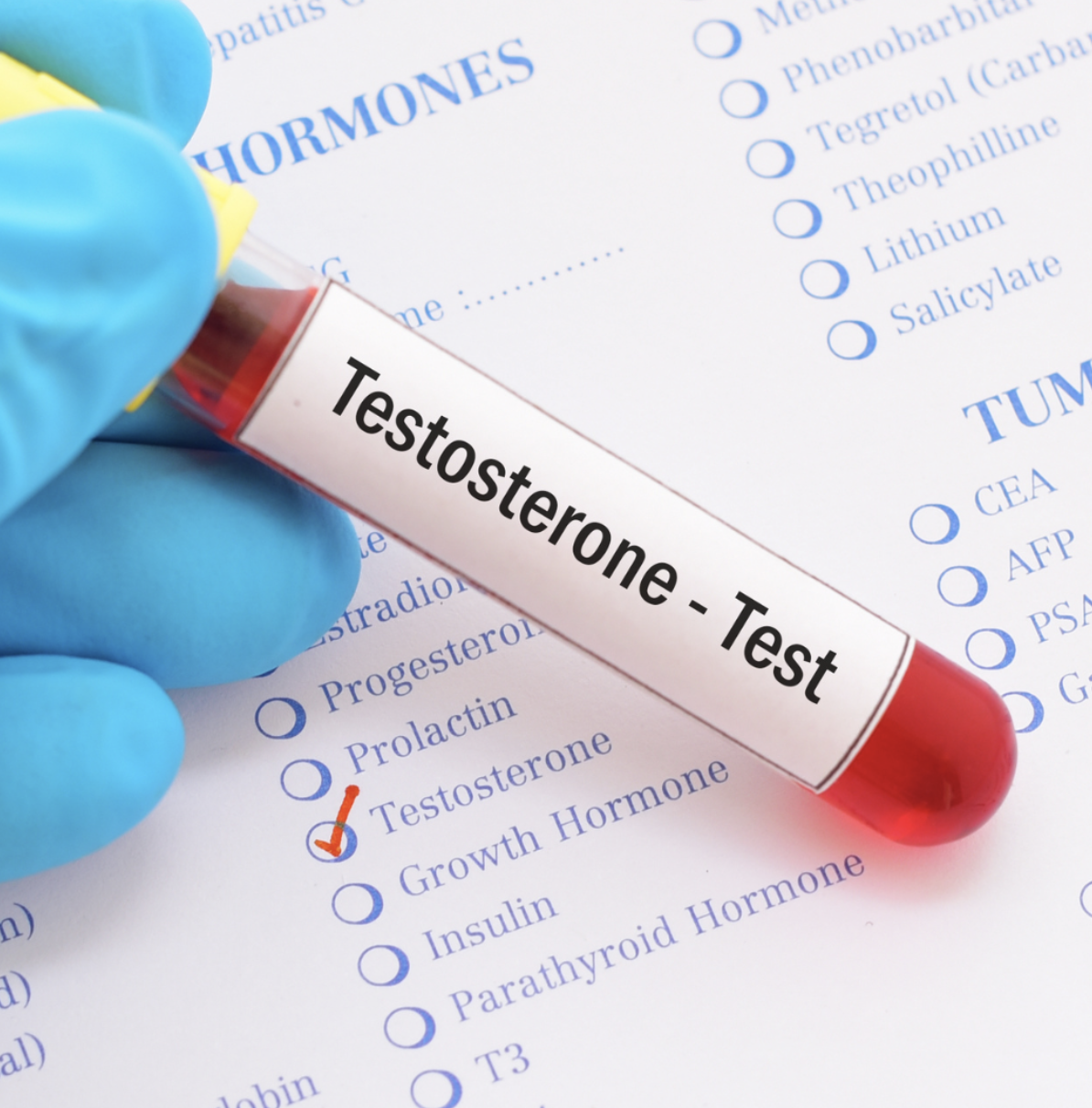Testosterone is a hormone that plays a pivotal role in men’s health, influencing a wide range of physiological and psychological processes. Often associated with masculinity, testosterone has far-reaching effects on various aspects of men’s well-being, from physical development and sexual function to mood and overall vitality. In this article, we will explore the multifaceted influence of testosterone on men’s health.
The Basics of Testosterone
Testosterone is a sex hormone primarily produced in the testes but also synthesized in smaller quantities by the adrenal glands. It is responsible for the development of male secondary sexual characteristics during puberty, including facial and body hair, deepening of the voice, and increased muscle mass.
-
Physical Development
Testosterone plays a critical role in shaping a man’s physical characteristics. During puberty, it drives the growth of bones and muscles, contributing to a man’s height and overall physique. It also stimulates the development of facial and body hair, as well as the enlargement of the Adam’s apple. Beyond puberty, testosterone continues to promote muscle mass maintenance and bone density, helping to prevent osteoporosis.
-
Sexual Function
Perhaps one of the most well-known functions of testosterone is its role in sexual function. Testosterone is essential for the development and maintenance of sexual organs and libido. It helps regulate sperm production, ensuring fertility. Additionally, it plays a role in erectile function by promoting blood flow to the penis and maintaining sexual desire.
-
Mood and Cognitive Function
Testosterone is not limited to physical functions; it also has a profound impact on mental well-being. Adequate levels of testosterone are associated with improved mood, confidence, and cognitive function. Low testosterone levels have been linked to symptoms of depression, anxiety, and cognitive decline in some men.
-
Energy and Vitality
Testosterone is often referred to as the hormone of vitality. It contributes to overall energy levels, motivation, and stamina. Men with optimal testosterone levels tend to have more energy, a zest for life, and an enhanced sense of well-being. It can also play a role in maintaining muscle strength and endurance.
-
Cardiovascular Health
Testosterone may have a protective effect on the cardiovascular system. Adequate testosterone levels are associated with healthier blood vessels and reduced risk factors for heart disease. It can help regulate blood pressure, improve lipid profiles, and support overall cardiovascular health.
-
Bone Health
Testosterone is essential for maintaining strong and healthy bones. Low testosterone levels can lead to decreased bone density, making men more susceptible to fractures and osteoporosis. Adequate testosterone levels help preserve bone mass and reduce the risk of bone-related issues.
-
Fat Distribution
Testosterone influences fat distribution in the body. Men with healthy testosterone levels tend to have a leaner body composition, with a higher muscle-to-fat ratio. Low testosterone can lead to increased body fat, particularly around the abdomen, which is associated with various health risks.
Conclusion
Testosterone is a hormone that profoundly affects men’s health in numerous ways, from physical development and sexual function to mood, energy levels, and overall vitality. Maintaining optimal testosterone levels is crucial for men to enjoy a healthy and fulfilling life. If you suspect low testosterone levels or experience symptoms like fatigue, mood changes, or sexual dysfunction, it’s essential to consult a healthcare professional for evaluation and appropriate treatment options. A balanced and healthy lifestyle, including regular exercise, a balanced diet, and stress management, can also contribute to maintaining optimal testosterone levels and overall well-being. Need more information on Testosterone Health? Contact Vitalize Functional Medicine at 804 277 9045

